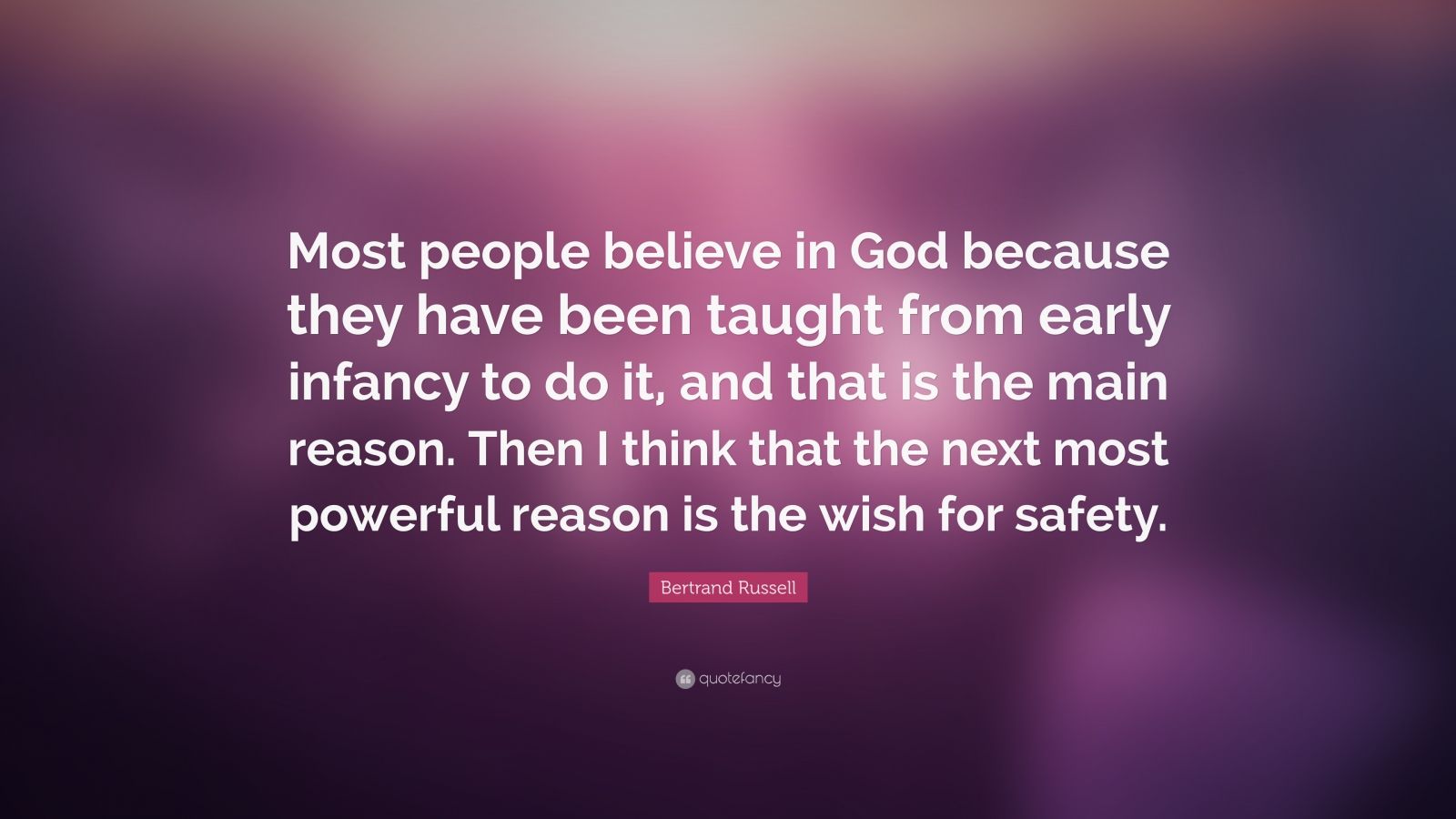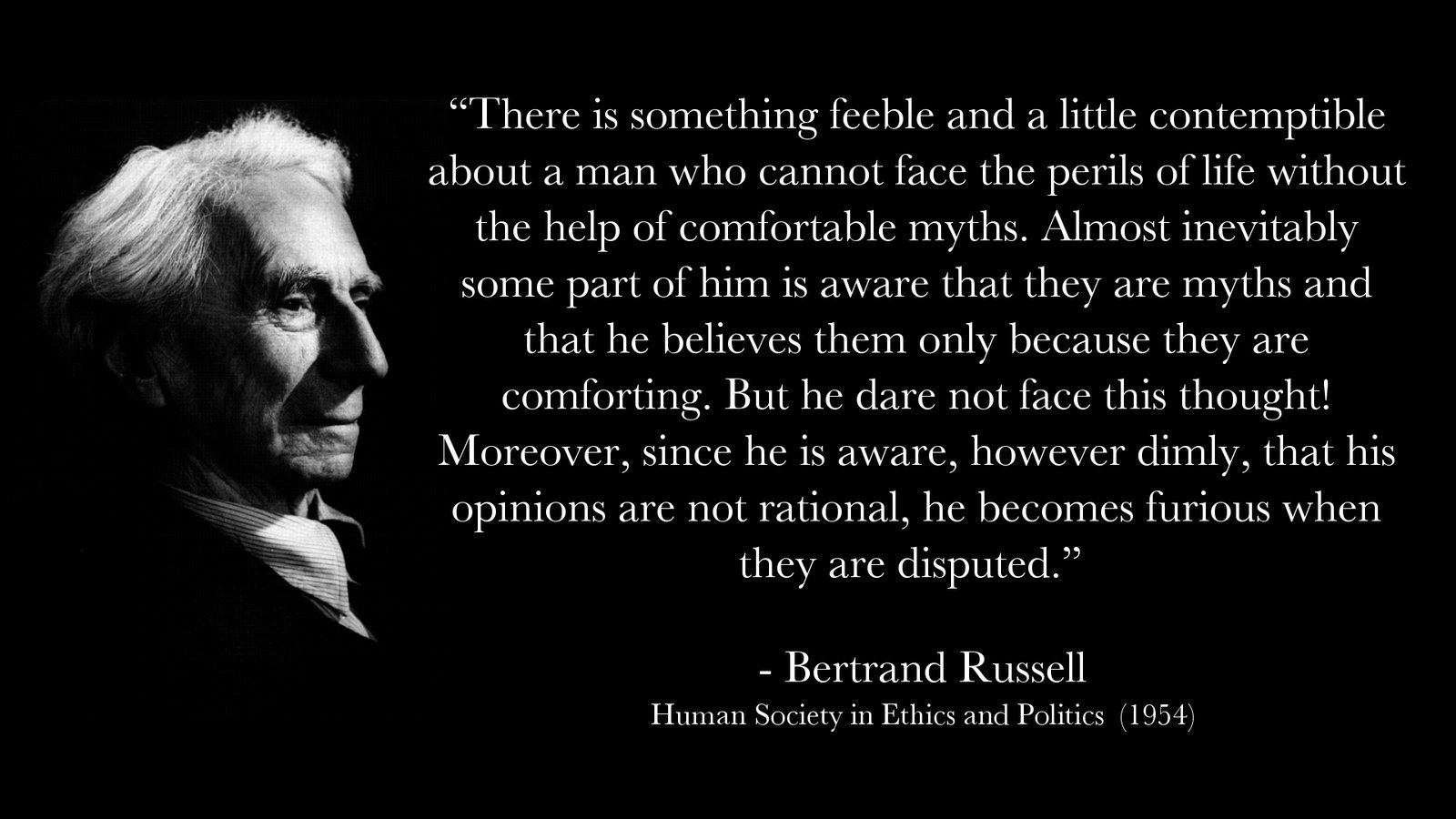
In such a life there is something feverish and confined, in comparison with which the philosophic life is calm and free. The life of the instinctive man is shut up within the circle of his private interests. The man who has no tincture of philosophy goes through life imprisoned in the prejudices derived from common sense, from the habitual beliefs of his age or his nation, and from convictions which have grown up in his mind without the cooperation or consent of his deliberate reason. While not calling it by this name, Russell describes the intellectual consequences of the security blanket paradox vividly: The clinging strategy for dealing with uncertainty and fear becomes counterproductive. In addition to worrying about our own safety, we now also have to worry about our security blanket getting lost or damaged. This clinging strategy, however, leads us into a predicament that becomes clear once we notice that having a security blanket just gives us one more thing to worry about. This would help explain why we tend to cling, even desperately, to beliefs we find comforting. The American pragmatist philosopher Charles Sanders Peirce speaks of doubt and uncertainty as uncomfortable anxiety-producing states.

We might cling to a possession, another person, our cherished beliefs, or any combination of these.


We humans are very prone to suffer from a psychological predicament we might call “the security blanket paradox.” We know the world is full of hazards and like passengers after a shipwreck we tend to latch on to something for a sense of safety.


 0 kommentar(er)
0 kommentar(er)
